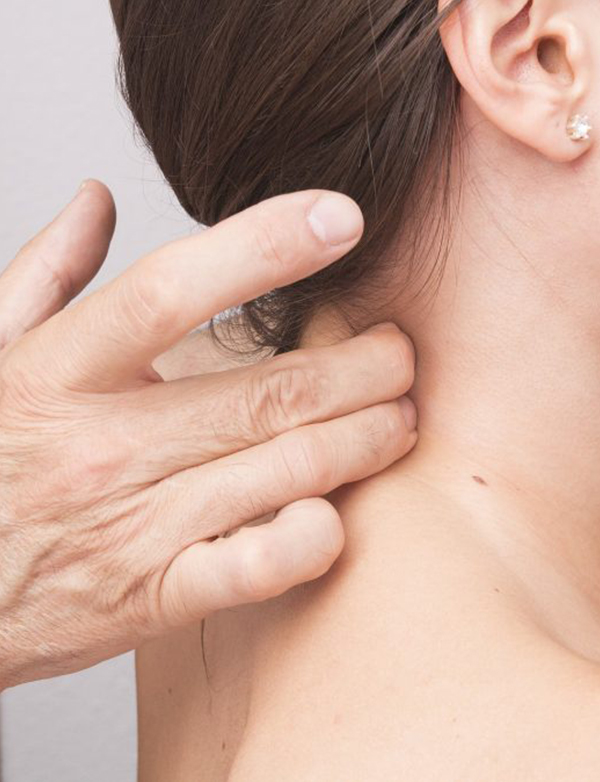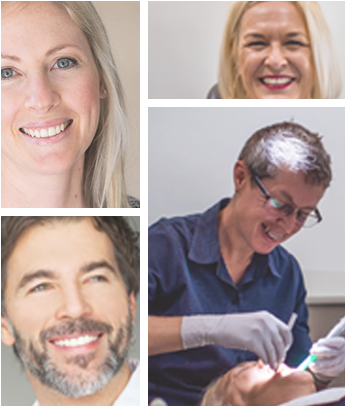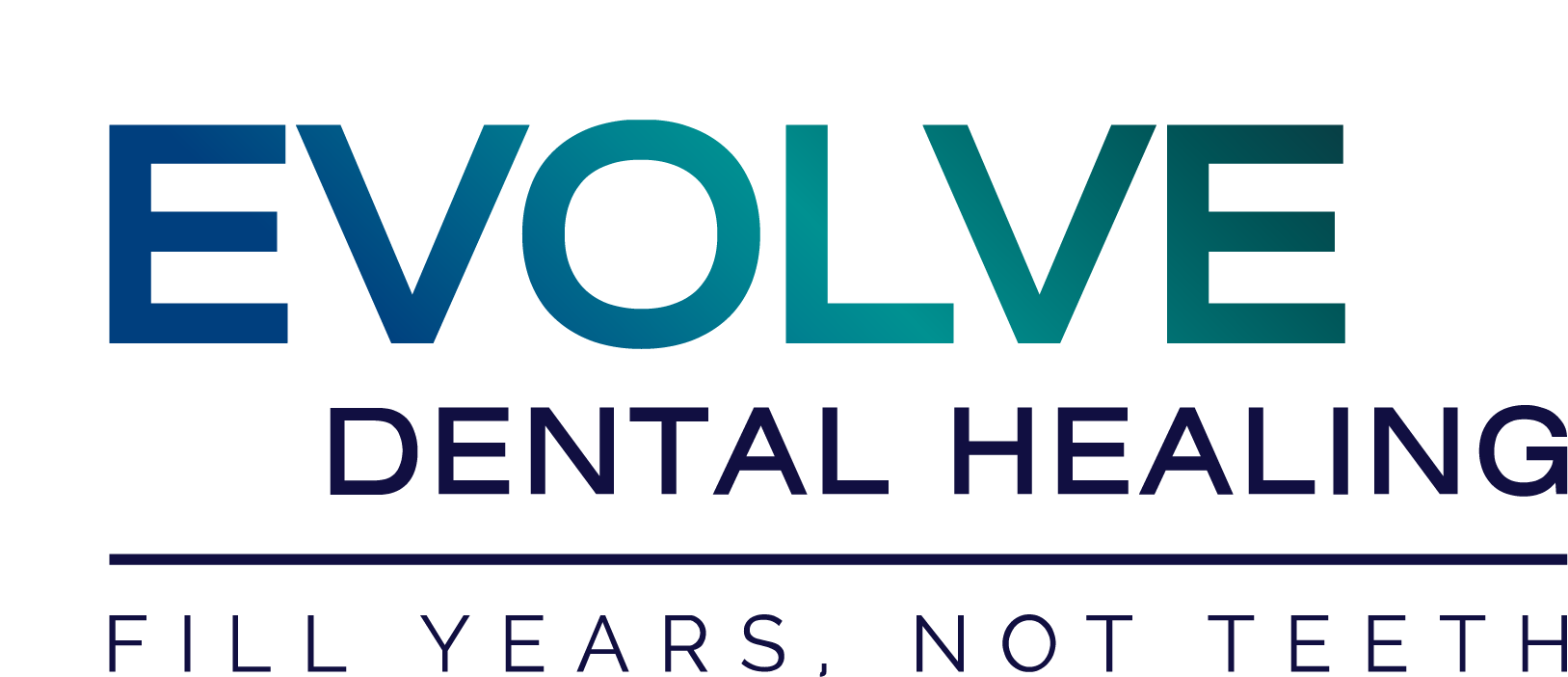TMJ Disorders Part 1 – What Causes TMJ Problems

TMJ, Headaches and Breathing
I see many patients who tell me they have TMJ and they’d be right, In fact, they have two, everyone does they are the joints that are responsible for you being able to open and close your mouth, talk, chew, kiss, swallow and breathe.
What they actually mean is they have a problem, usually pain, with their jaw joint and it’s functioning.
Many head and neck problems are caused by TMJ disorder or an airway (breathing) disorder or both at the same time, a bad bite can also affect your whole posture and how your bodily organs function.
Symptoms of TMJ Disorder
There are well-documented symptoms that can be caused by TMJ issues or be causing the TMJ to feel like the source of the problem so it can be very difficult to diagnose and properly treat because you have no sure way of knowing if your symptoms are coming from a misaligned bite, an overworked bite or other factors.
You might not even be having pain in your jaw and instead, you have issues elsewhere but the root cause can be the TMJ. How do we know you don’t have fibromyalgia, an allergy, mercury toxicity, Lyme disease, underactive thyroid, for example, these and TMJ commonly exhibit the same joint pains, muscles pains, sleep disturbances, headaches, difficulty concentrating, numbness in the extremities and brain fog etc.
Posture, Balance and TMJ
It all comes down to posture, balance and motion. Our nervous system coordinates our motions both voluntary and involuntary – those you do when you think about them and those that are happening despite you. The nervous system signals from one part of the body to another.
Your nervous system is also responsible via biofeedback for helping you know where you are in space so that your body stays upright and you don’t fall over even when you close your eyes. This is called proprioception. We have a high volume of nerves in our hips and our TMJ that are responsible for proprioception and help us maintain our posture and balance.
Keep Your Nervous System in Good Shape
Your nervous system needs to be in good shape for it to communicate properly and that depends on
- Nutrition the foods we do and don’t eat
- Neurology – how our brain processes information
- Endocrinology – how your hormones regulate your body
Stress – how we handle chemicals caused by stress
The body is designed for harmony and balance amongst all of its parts. When there is an imbalance that’s when we get dysfunction and breakdown in the body. The problem is modern medicine is specialised at treating the parts and forgets to look at the whole.
Is Your Bite Faulty?
You may have been told there’s nothing wrong with you and your tests come back normal but yet you know you don’t feel right. So could it be that your issues stem from a faulty bite?
So I’m going to talk about TMJ and airway disorders together as they involve the same physical structures – nose, mouth, throat and jaws. These are super complex moving structures made up of bones, muscles, teeth, organs (your tongue) and connective tissues that hold all these parts together. Plus there are many nerves sending and feeding back signals to make it all work together. It’s like an orchestra playing a symphony, it takes many moving parts to.
TMJ and airway issues are inter-related like reverse sides of a coin – each condition needs to be treated differently yet they have similar factors and symptoms and hence why they need to be talked about together.
The TMJ
The TMJ connects your lower jawbone to your skull in front of your ear. You have matching joints either side of your face that work together like a hinge joint.
Multiple muscles are responsible for making this joint move and inside the joint is a ting disc made of cartilage between the top of the joint and your skull.
It is thought the TMJ’s are the most used joint in the body. When you talk, chew, kiss, swallow or breathe you are using this joint.
At the back of the joint is a band of soft tissue like elastic and its job is to pull that little disc back into position when you close your mouth.
Unfortunately, that bit of elastic-like tissue can get damaged easily and can be responsible for the pains you experience in TMJ disorders.
Pain in the head, neck and face can be caused by inflammation of the muscles or nerves or damage to nerves themselves like in a whiplash injury.
Why Do You Have TMJ Issues
TMJ problems mainly occur when your joints don’t function harmoniously and smoothly. Like so many systems are involved – bones, muscles teeth and nerves a problem in these areas can cause knock-on effects to your health.
There are many reasons why your chewing muscles and jaw joints may not work together correctly – a bite can malfunction due to growth issues, accidents and falls, lack of dental care, overload from clenching and grinding.
People who have a misalignment or incorrect relationship between the teeth and jaws have what we call a malocclusion. This means that your upper and lower teeth don’t meet properly so you don’t have the right support for the jaw to counteract pressures and forces it needs to withstand. This can happen when you have missing teeth, or teeth that are too short or long or a size difference between the upper and lower jaws, causing teeth to overcrowd or come together in an abnormal bite pattern.
It’s interesting though not everyone who has a misaligned bite will automatically have TMJ or develop problems.
The most common reason for bite malfunction is trauma like a car accident or from continual ongoing trauma from clenching and grinding your teeth, and even fingernail biting or pen chewing.
Teeth Grinding and Clenching
Grinding and clenching happen unconsciously move your jaws with your teeth together while you are sleeping.
This leads to your teeth wearing and chipping, you can even crack or split teeth, and it makes your gums recede and accelerates bone loss and damage associated with gum disease. So there you are at the dental hygienist being scolded for not flossing enough and having inflamed gums, or you think its because of menopause and low oestrogen when all the while you are knocking your teeth around and loosening up the gum and bone just like hitting a fence post in the ground from side to side would loosen up the soil around it.
Signs and Diagnosis of TMJ Issues
To properly diagnose TMJ issues you need the knowledge to interpret what you are seeing alongside the history and pieces of the puzzle.
The most obvious signs are worn, chipped and fracturing teeth but often pains can be elsewhere and even strongly mimic a toothache and hence I have seen patients end up with needless root canal treatments or tooth extractions only for them to report they still have exactly the same pain.
TMJ is progressive and it will cause inflammation and arthritic destruction of the head of the joint. When your jaw is not aligned as it moves it causes a series of what are known as compression injuries. This will even happen during swallowing. Because the jaw is not aligned the disc of cartilage that sits between the skull and jaw joint bones slips forward and makes a popping or clicking sound. Without that cartilage sitting between the bones, they rub against each other and press directly on the nerve endings.
You can often feel the clicking or popping as well as hearing it.
If, and often it is, the pressure is great enough that cartilage breaks down and deteriorates and you then get a gravely or grating sound when you open and close your mouth – this is bone rubbing on bone and you now have a situation where your bone is melting away from friction and inflammation.
Once your jaw is displaced you get muscle spasms that stimulate the nerves causing pain around the jaw, head and neck and shoulders. It can also mean you can’t open your mouth very far because the muscles are so tight.
In conjunction with the muscle spasms, unhealthy nerve signals are generated as your teeth are contacting each other when you grind. Those signals go up to your brain through a large nerve called the Trigeminal nerve or cranial nerve 5. This is the longest and most complex of the cranial nerves and signals the limbic brain, which is responsible for your emotions, flight or fight, which creates and heightened state of anxiety.
So while you are sleeping and supposed to be resting you grind your teeth and keep your nervous system on high overdrive.
Your adrenal glands are pumping out the stress hormone cortisol so your adrenals get burnt out and so you.
Constant physical stress triggers muscle activity, which can create overload and pain all over the body.
Then as if it could not get worse you need that level of stress to get through the day so grind and clench your teeth during your waking hours to elicit the same fight-flight response.
Constant and repetitive excessive pressure on the teeth causes the bone around the root ends to overgrow. It can also cause the bone in the roof of your mouth to do the same, as it is being continually flexed and bowed. As well as this you can fracture the roots of your teeth, which means they have to be extracted.
Back to cranial nerve 5 – this is the root cause nerve for migraines in many people due to changes in the way the nerve signals that drop serotonin levels and cause pain. One thing is clear if you are a migraine sufferer you do not want to be stirring up or stimulating that fifth cranial nerve.
So it is important in a holistic approach to be able to know what we are looking for and to be able to join the dots to uncover underlying TMJ issues to prevent jaw and face pain, headaches, migraines, tooth damage and even chronic systemic health issues. In part 2 of TMJ and airways, I will talk about how we diagnose and treat TMJ dysfunction.
If you think you have a TMJ issue then please contact us at 07 3720 1811.
-
Dr. Rachel Hall
Rachel is the founder and principal dentist at Evolve Dental Healing with over 30 years experience, practising holistically since 2001. Not your typical dentist, Rachel is a passionate opinion leader, challenging convention to empower people to make better dental and health choices, helping thousands to have healthy natural smiles. A respected writer and presenter on holistic dentistry, health and wellness it is Rachel’s mission to revolutionise the way people look at their dental health.
Talk to us for more details and information
CONTACT US
67 Kenmore Road
Kenmore Queensland 4069
Phone: 07 3720 1811
Fax: 07 3720 1899
Email: info@evolvedental.com.au
OPENING HOURS
Monday – Friday: 7:30am – 5:30pm
References and Citations Mercury & Amalgam Fillings




